Manchester United up for sale: Who are the contenders to take over from the Glazers and when could a deal be done? | Football News
It is the news that has rocked the football and financial world: after 17 years, Manchester United could be changing ownership.
It was announced on Tuesday evening that the Glazer family are willing to listen to offers for one of the biggest football clubs in the world, which is believed to be valued at £5bn.
A Manchester United statement confirmed the American owners’ plan to identify “strategic alternatives” and said the process will consider a number of options “including new investment into the club, a sale, or other transactions involving the company”.
So is the sale of United likely and why are the Glazers exploring options now? Could the Glazers end up staying at Old Trafford? Who could take over from the American family?
Sky News City Editor Mark Kleinman, who broke the news that the Glazers are open to selling United, answers all the important questions:
How realistic is it that the club will be sold?
A sale of Manchester United is now far likelier than at any other time during the Glazer family’s ownership.
Board confirmation that the club would evaluate “strategic alternatives” – financial jargon for a sale or other form of corporate activity – means that exiting United altogether is now a serious consideration for owners who have benefited financially from the last 17 years but have also been rocked by incessant criticism of their stewardship.
That does not mean a sale is certain to take place: depending upon the level of interest and the price they are offered, the Glazers could yet decide to continue their tenure at Old Trafford.
Could we see the sale of the club completed before the restart of the Premier League season on Boxing Day?
No chance whatsoever.
By the standards of football club auctions, the three-month sale of Chelsea – admittedly complicated by the sanctions imposed on then-owner Roman Abramovich – took place at breakneck speed.
A sale of United is likely to be a more leisurely affair, and will presumably involve a delisting of their New York-quoted shares as well as the sifting by bankers at The Raine Group of what are likely to be numerous offers.
I would expect the club’s strategic review to run for at least a couple of months, and detailed talks with buyers to get under way sometime in the new year.
If a full sale does take place, completion of a deal by the end of the current season is a more realistic timetable – and that would be without any financing or regulatory obstacles.
How much do you think this announcement was influenced by Cristiano Ronaldo’s interview? If a sale goes through, should United fans be thanking him?
My instinct is that the timing of these two announcements – just four hours apart – was pure coincidence.
The decision to explore new financing options including a sale was reached after a painstaking debate between members of the Glazer family, and began long before Ronaldo’s explosive interview with Piers Morgan.
Nevertheless, many of the issues raised by the Portuguese forward – United’s waning performance and the owners’ alleged disinterest in the club – reflect the malaise felt by many fans about the Glazers’ ownership.
To that extent, United supporters may well feel that Ronaldo’s intervention was helpful in crystallising the shareholders’ decision to explore an exit.
Why are the Glazers looking to sell now, after repeatedly rejecting fan demands to go?
The only people who can truly answer that question are the owners themselves, but it seems to me they have concluded that the financial challenges of enabling United to compete again for the Premier League title and of rejuvenating a tired Old Trafford stadium may be better met by others.
The failure of the European Super League project will also have weighed heavily on their minds, both in terms of the even deeper entrenchment of fans’ mistrust in them and the removal of a major recurring revenue opportunity for the club. United’s commercial power is enormous, but it is not limitless.
Who are the likely candidates for the purchase?
Take your pick from a global ‘Who’s Who’ of billionaires.
The most obvious candidate, petrochemicals tycoon Sir Jim Ratcliffe, held talks with the Glazers earlier this year before publicly declaring his interest in a takeover of the Red Devils.
Sir Jim has since, however, appeared to cool on the idea, saying that the elites of English football are overvalued.
Expect speculation linking other prominent figures from the Middle East, Asia and the US to a deal for United.
Some of those who lost out in the £2.5bn auction of Chelsea are certain to explore whether a bid makes financial sense.
What, if any, potential impact will Manchester United being for sale have on Liverpool and their own sale?
It may have a significant impact, or it may have none – the answer will depend on the level of interest that the Glazers and Fenway Sports Group, Liverpool’s owners, receive, as well as who from.
Undoubtedly a number of financial bidders will examine offers for both clubs while clearly being aware that they can only hold a material interest in either.
What’s intriguing about the timing of their owners’ simultaneous decision to explore a sale is that it’s unlikely to be a coincidence: the failure of the ESL (at least as far as English clubs’ participation is concerned) and the worsening economic backdrop will lead some to conclude that this group of investors has decided that the high watermark for elite club valuations has been reached.
Will the Glazers just sell to the highest bidder or are they likely to consider other things like ethics/human rights if there’s interest from a rich country with deep pockets?
This has become a far more nuanced debate since the protracted and intensely controversial takeover of Newcastle United FC by Saudi Arabia’s sovereign wealth fund.
Based on the Magpies’ resurgence, the deal has been a resounding success from a footballing, if not a human rights, perspective.
There’s no reason to suspect the Glazers will have any other motive than maximising their return from a potential sale of the Red Devils.
The Premier League has an Owners and Directors Test which scrutinises the appropriateness of club shareholders, and history suggests that any would-be buyer is unlikely to bid unless they are confident of clearing it.
Could a fan buy-out be a possibility?
This is an intriguing idea, but even with the depth of United’s global fanbase – estimated at more than one billion in the club’s statement on Tuesday night – it feels like a stretch.
What may be more realistic is a takeover funded by a consortium that puts fans’ interest and some degree of fan ownership at its heart.
The Glazers had promised in the wake of the European Super League debacle to introduce a modestly sized supporter ownership scheme, but this has still not materialised despite some apparent progress.
The other question will be whether the Red Knights – the group of wealthy United fans fronted in 2010 by former Goldman Sachs economist Lord O’Neill – might be persuaded to reprise their interest in some form.

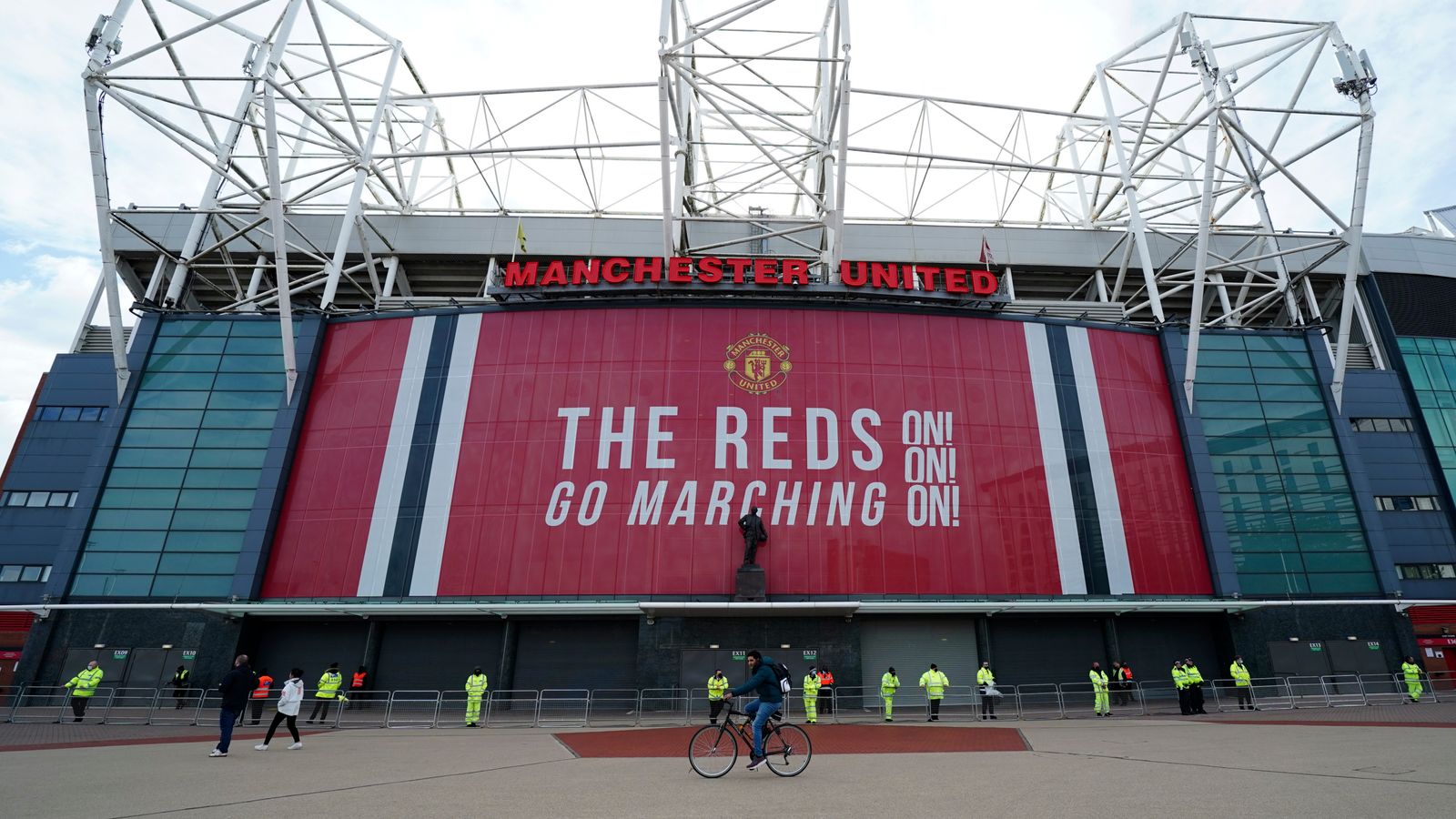
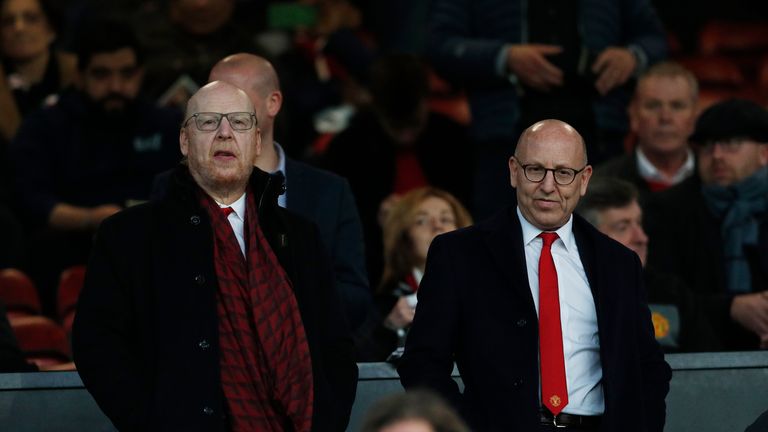
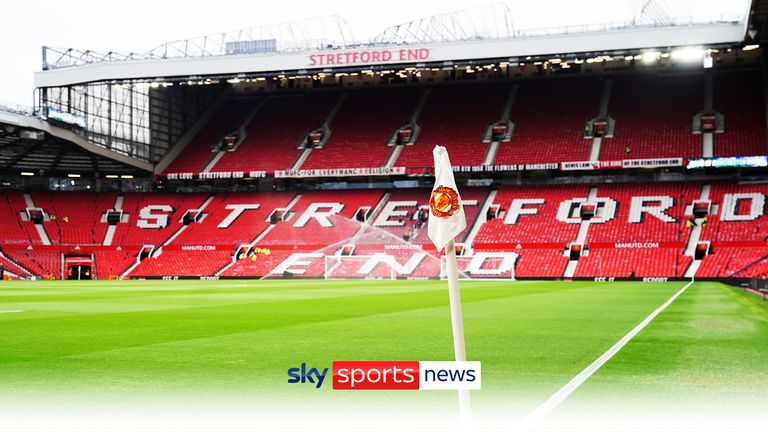
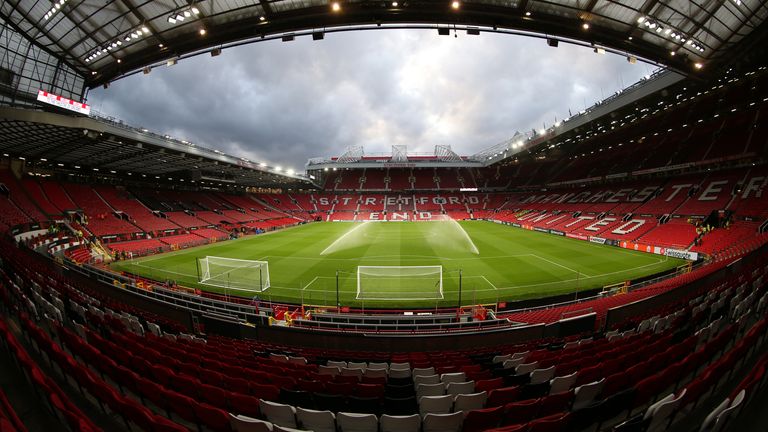
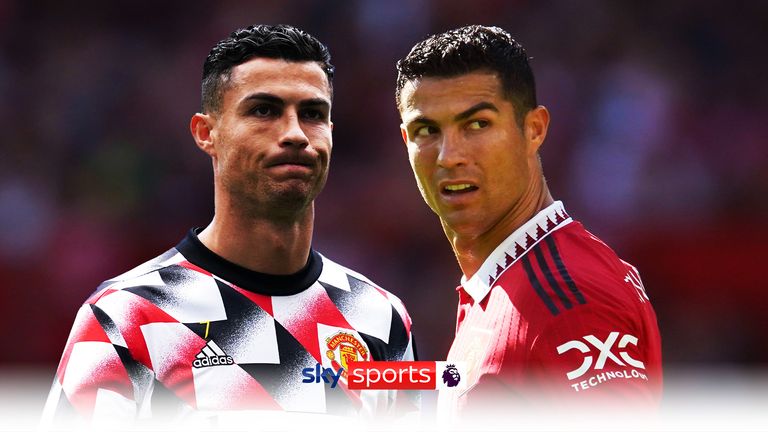
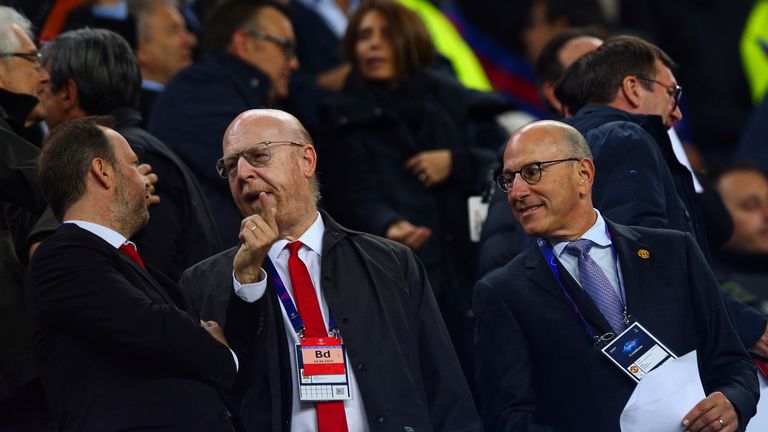

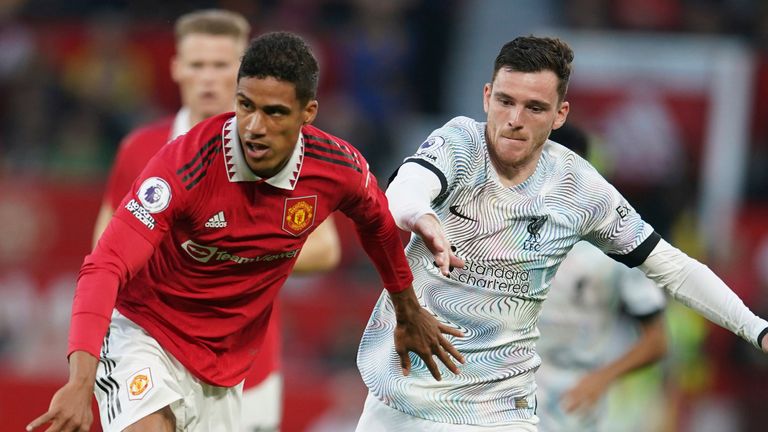
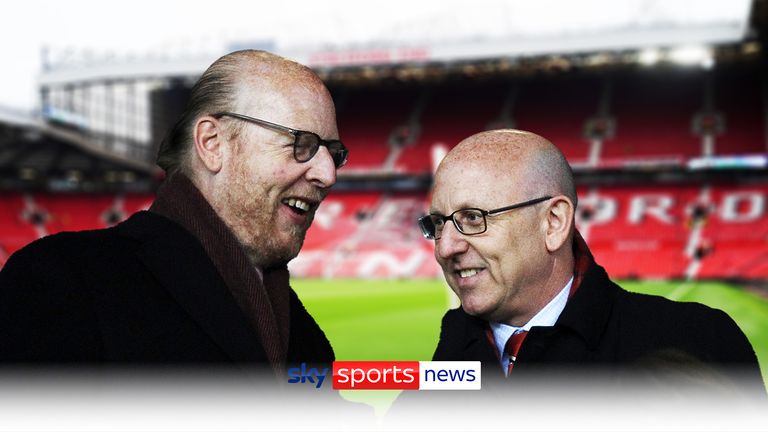
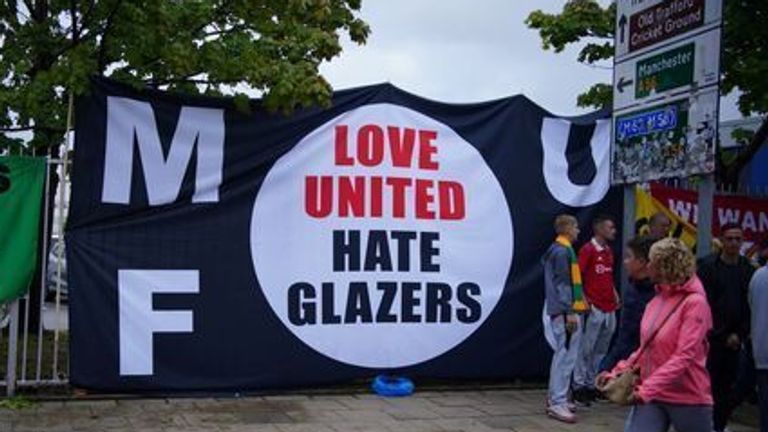
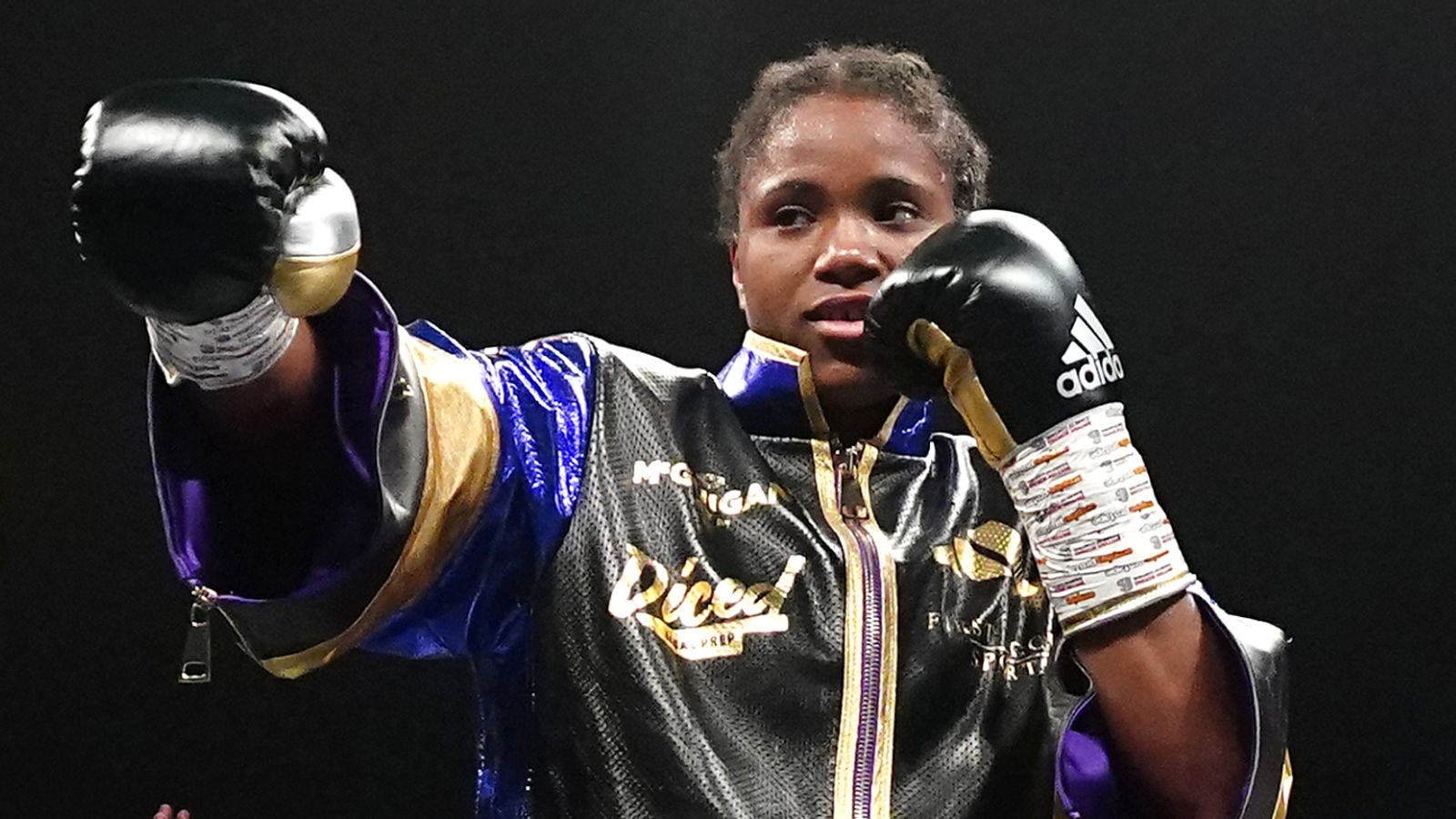
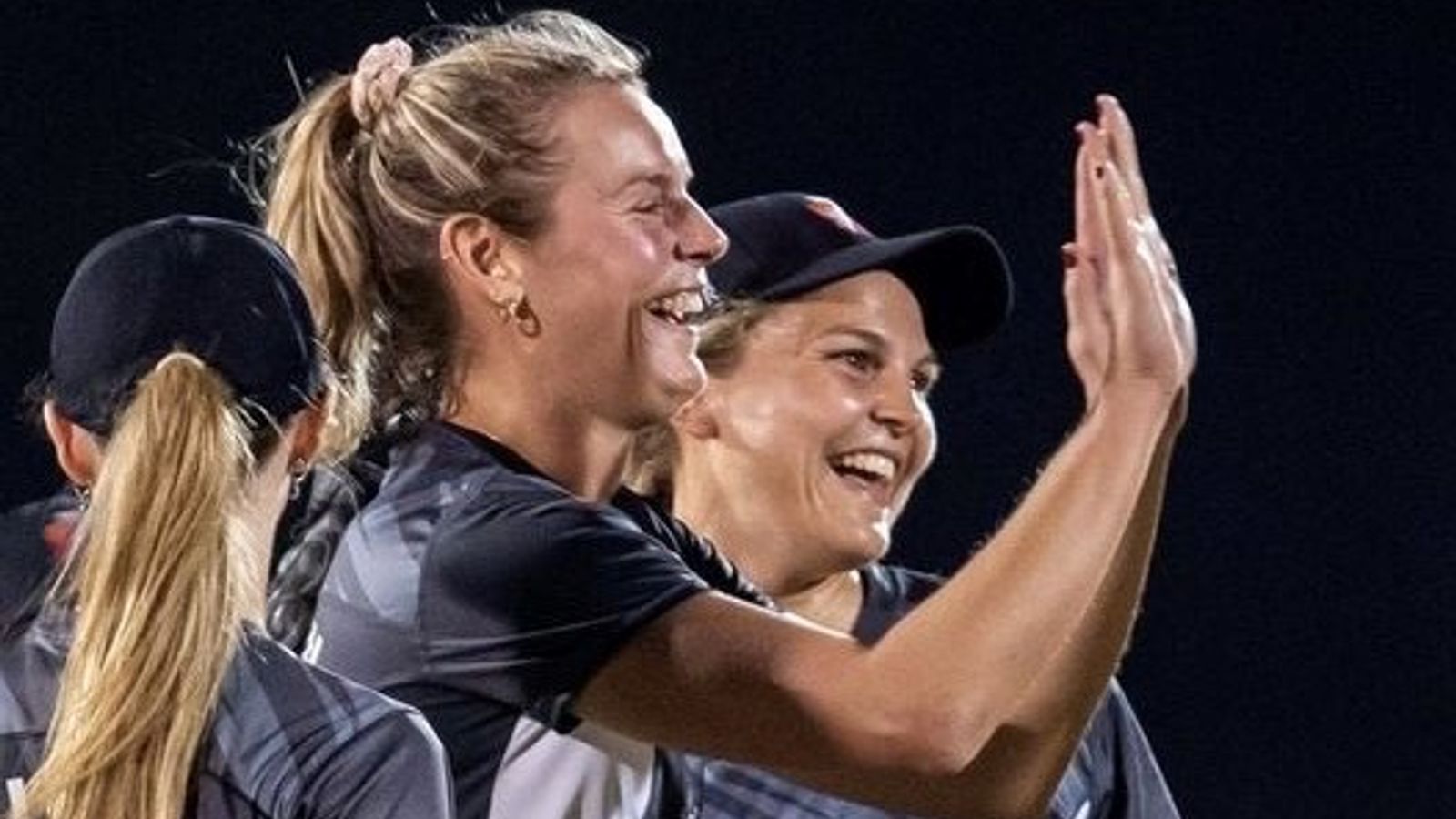
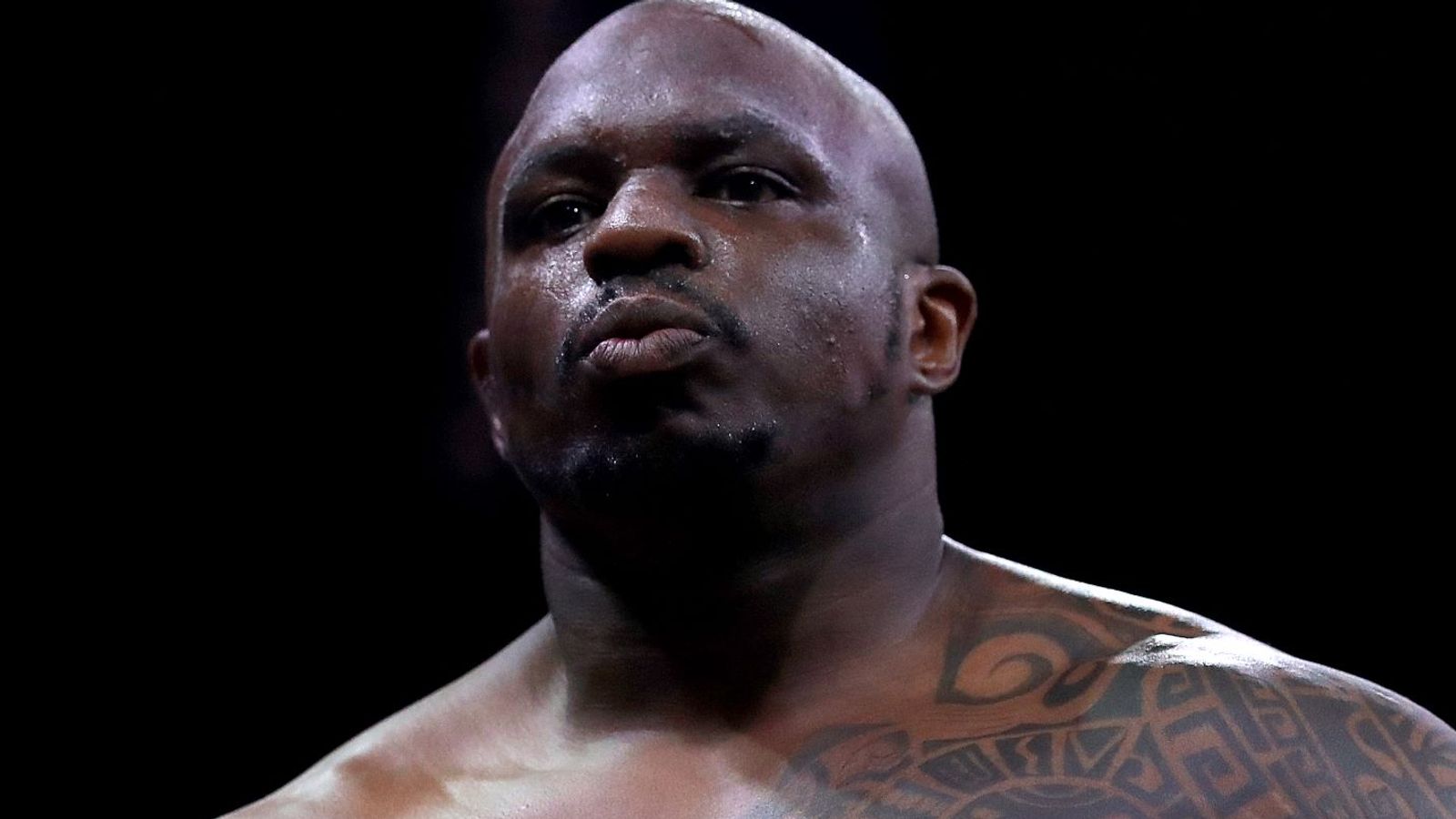
Pingback: cartel oil co
Pingback: Ikea
Pingback: สล็อต เครดิตฟรี
Pingback: how do tokens work my free cams
Pingback: healty living
Pingback: รีวิวเกมสล็อต
Pingback: Extra resources
Pingback: pg168
Pingback: buy gym equipment
Pingback: mostbet